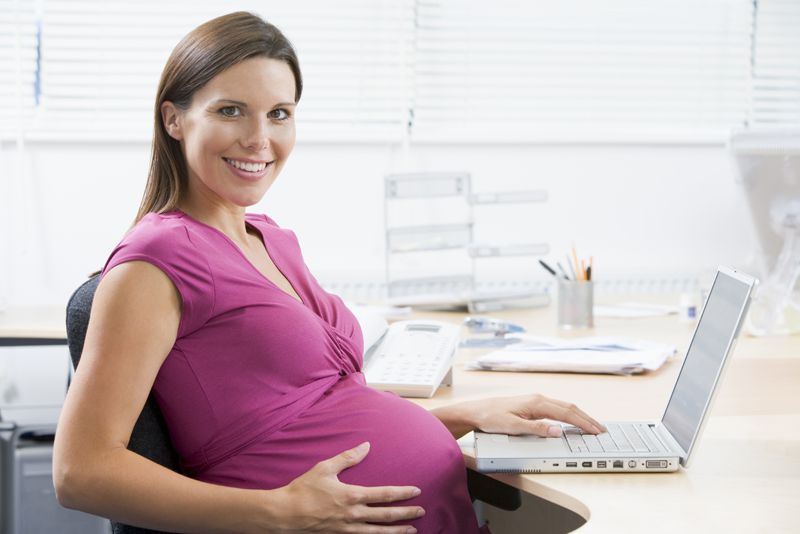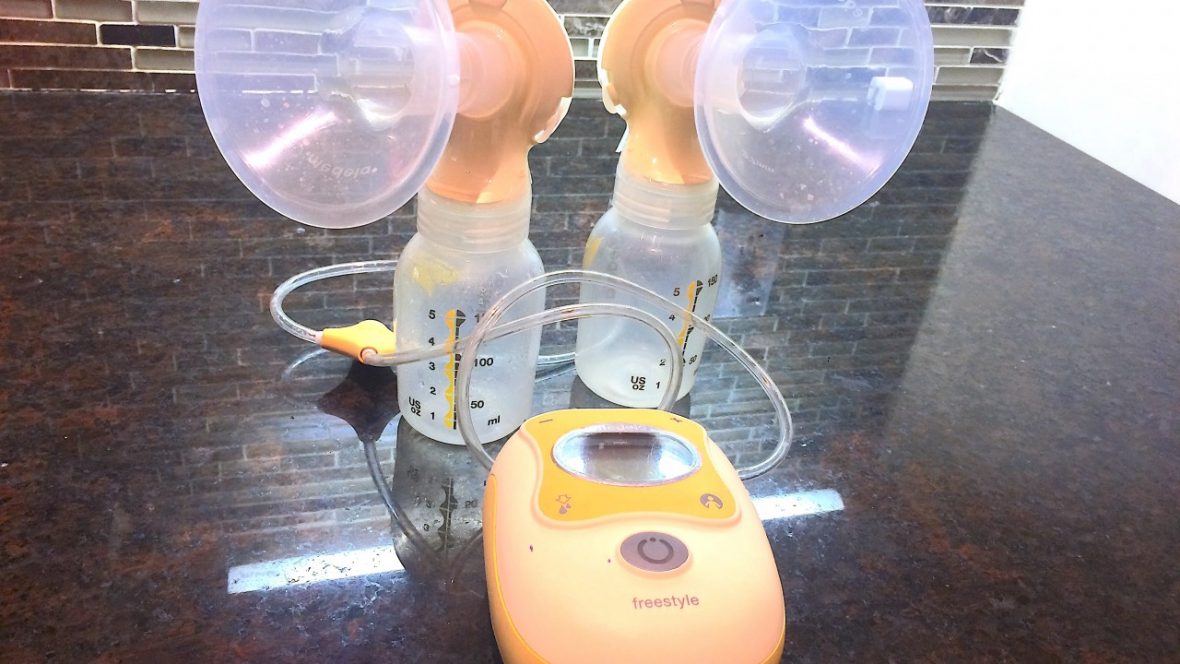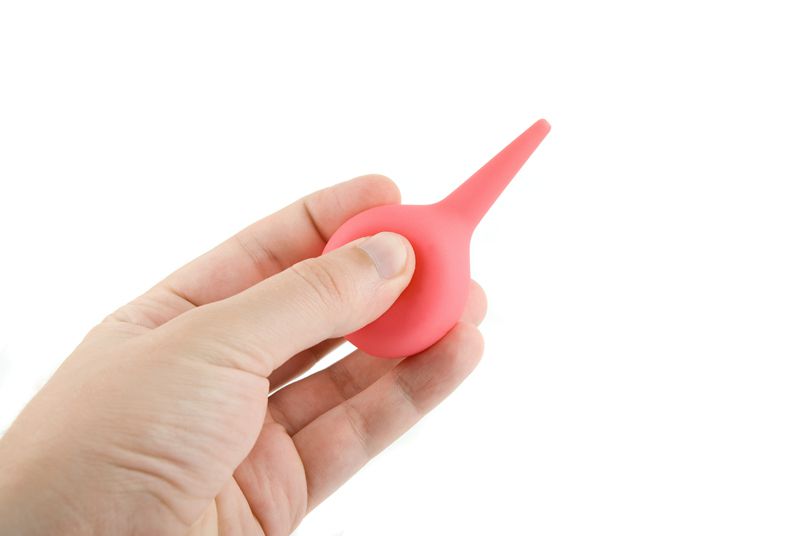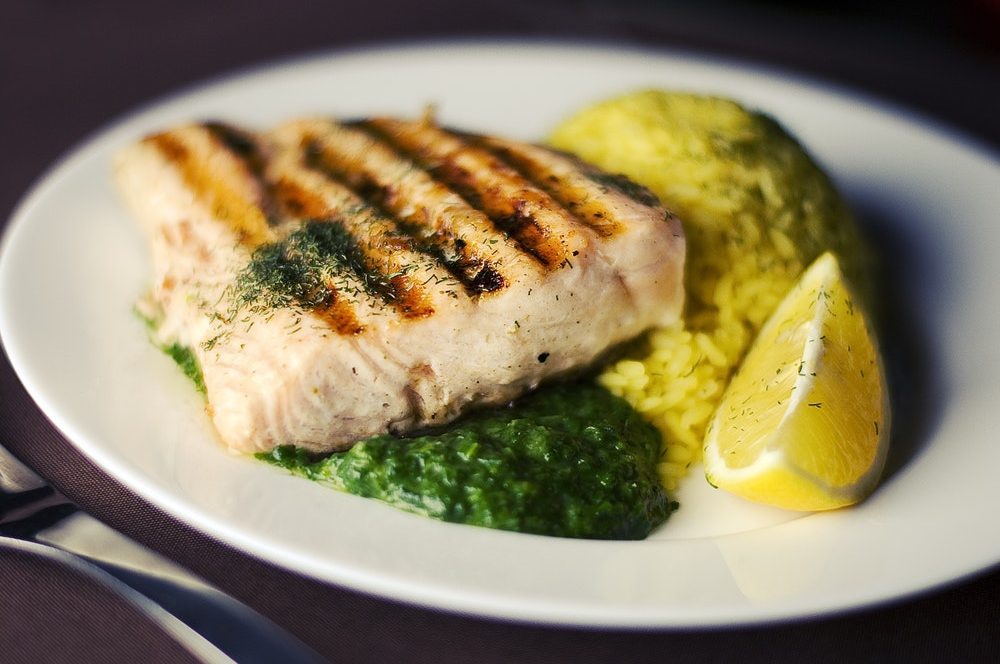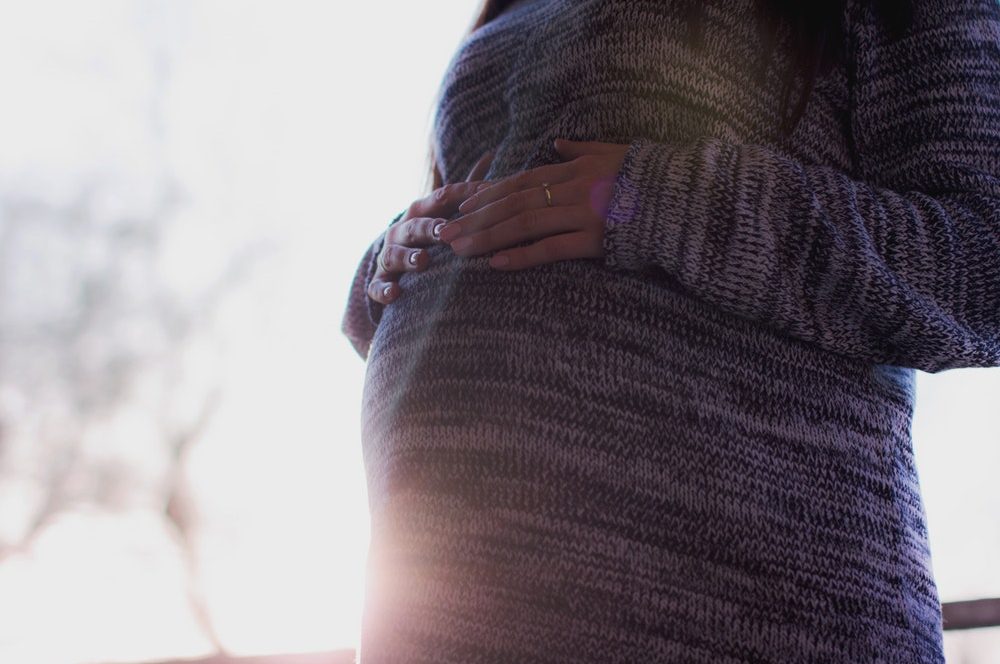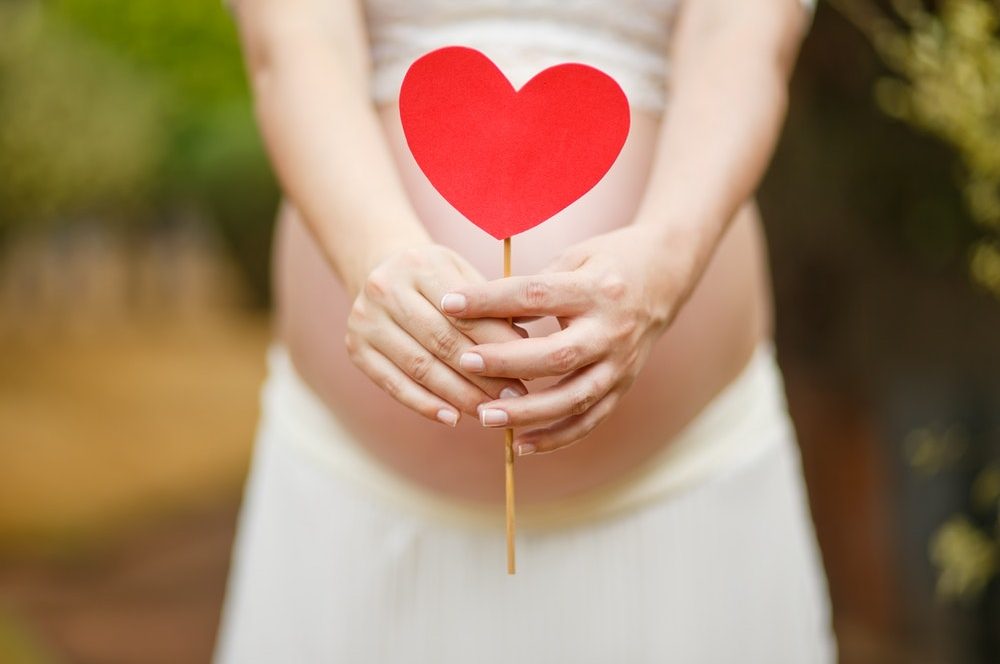We all know that fish are a great source of Omega 3’s and fatty acids, but consuming fish during pregnancy isn’t always safe. Research has indicated that they are also a source of harmful toxins, such as pesticides and heavy metals such as mercury. These harmful chemicals tend to accumulate “higher up the food chain”, meaning that the bigger the fish the more contaminated it is likely to be.
Because of potential toxicity, fish consumption should be limited especially during pregnancy, lactation and in young children. Health Canada advises that all Canadians should limit their consumption of fresh and frozen tuna, shark, swordfish, escolar, marlin and orange roughy due to their mercury levels. Heavy metals such as mercury have a negative impact on the development of the fetal nervous system as it tends to accumulate in the brain. This can lead to health problems such as decrease in I.Q., delays in walking and talking, lack of coordination, blindness and seizures.
Omega 3 fatty acids, more specifically – EPA and DHA – are very important in healthy fetal development. Research indicates that they prevent premature births, are involved in healthy development of vision and the nervous system and increase intelligence. Essential fatty acids also have potential benefits for the mom. In studies they have shown to be important nutrients in the treatment of depression.
Non-fish sources of omega 3 fatty acids include walnuts and ground flaxseeds. However, these food sources do not contain enough of the essential fatty acids and you should not rely on these sources alone for the omega 3 health benefits. Taking a supplement of fish oil during pregnancy is the best option available to ensure that you and your baby’s health are protected and nurtured during pregnancy and beyond. Fish oil provides the benefits of omega-3 fatty acids without the risk of toxicity. However, beware of the type of fish oil you choose to take. You should make sure that the company that produces the fish oil uses strict guidelines that ensure the fish oil is molecularly distilled to remove the heavy metals, pesticides and other chemicals that are commonly found in fish.
Dr. Agnieszka Matusik, ND is a Naturopathic Physician practicing family medicine in Kerrisdale and Kitsilano communities of Vancouver. For more information contact her at drmatusik@gmail.com.
Sorry, moms-to-be, being pregnant doesn’t mean you can’t use cleaning products. (i.e. You can’t use pregnancy as an excuse to hire a maid—unless you just want to) In years past, cleaning products were much harsher and more dangerous than they are now, but that doesn’t mean that everything is safe or recommended for use while pregnant. Luckily there are lots of options out there to choose from. Here are some helpful tips for knowing what cleaning products are safe to use during pregnancy.
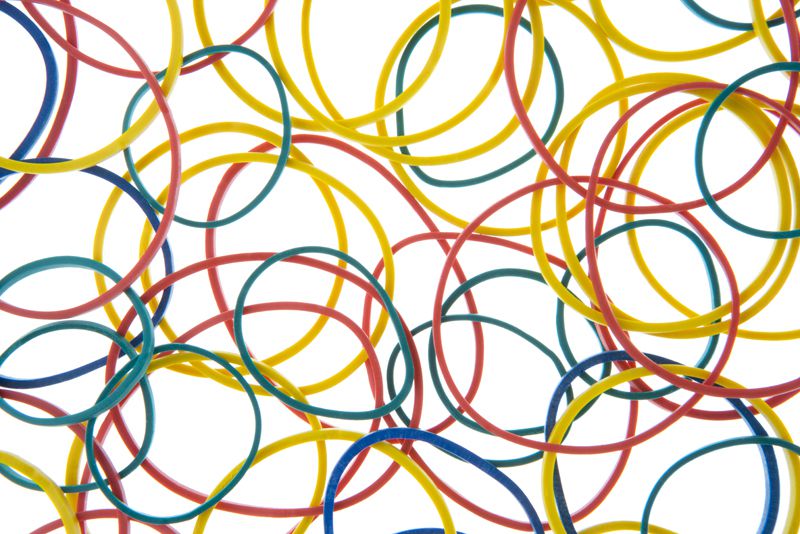 Every pregnant woman is highly attentive to their bodies, often worrying about every twinge as a sign something might not be wrong, or confused about whether what they are experiencing is normal. One symptom almost every pregnancy features is Braxton Hicks contractions. But what do Braxton Hicks Contractions feel like?
Every pregnant woman is highly attentive to their bodies, often worrying about every twinge as a sign something might not be wrong, or confused about whether what they are experiencing is normal. One symptom almost every pregnancy features is Braxton Hicks contractions. But what do Braxton Hicks Contractions feel like?
Every woman waits breathlessly for that moment when they finally, definitely, feel their baby kick or move within them. Being pregnant, especially for the first time, is full of scary and amazing experiences, and that is one of them. There is something magical about knowing that the new life you knew was percolating in there has finally expressed itself in a way you can’t doubt. Every mom to be will eventually ask – when will I feel the baby kick?
Is it Safe to Dye Your Hair While Pregnant? According to all the information we have at hand, yes, it’s perfectly safe for you to get your roots touched up with hair dye while you’re expecting. Please! No one should look like a skunk in their post-birthing pictures! Based on the data which OTIS (Organization for Teratology Information Services) has gathered over years of research, modern hair treatments, including dyes and bleaches, are low in harmful chemicals. So go get thyself pretty: this includes perms, chemical relaxers, highlights, etc., although to be ultra-safe you might want to wait until after the first trimester to do full-head treatments, to minimize absorption of any chemicals through the scalp. Scientists and stylists alike agree, the chance of any of these processes actually hurting you or your baby are extremely minimal.
The aestheticians polled for this question said the biggest risk in having your hair colored while pregnant is that the hormones running rampant through your body might influence the absorption of the dye in your hair shaft, meaning the color might come out a bit different than expected. The chances of a botched dye-job can be diminished by getting your beautification done at a salon by a professional, rather than at home with a box and a pair of gloves. Those people paid money to learn how to do hair in the best and most technically correct ways—you standing at your kitchen sink and struggling to get the back of your head to match the front is neither the best nor technically correct way to color your hair. You’ve been warned!



